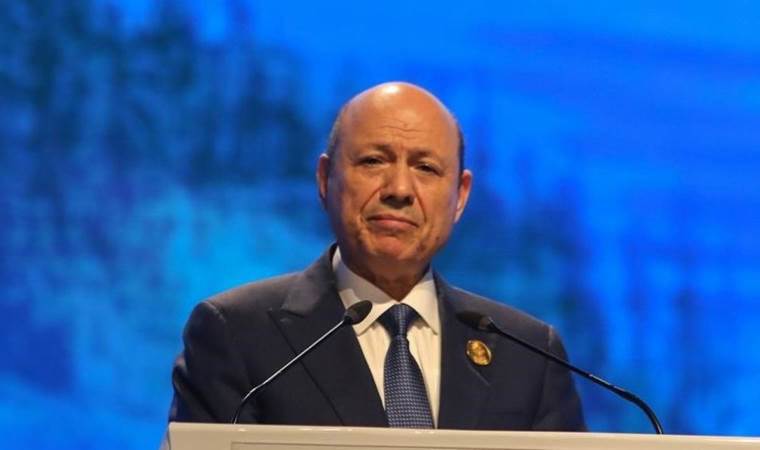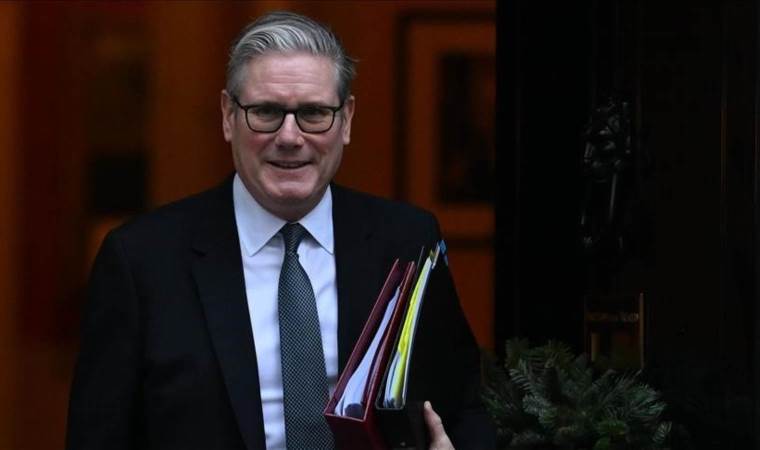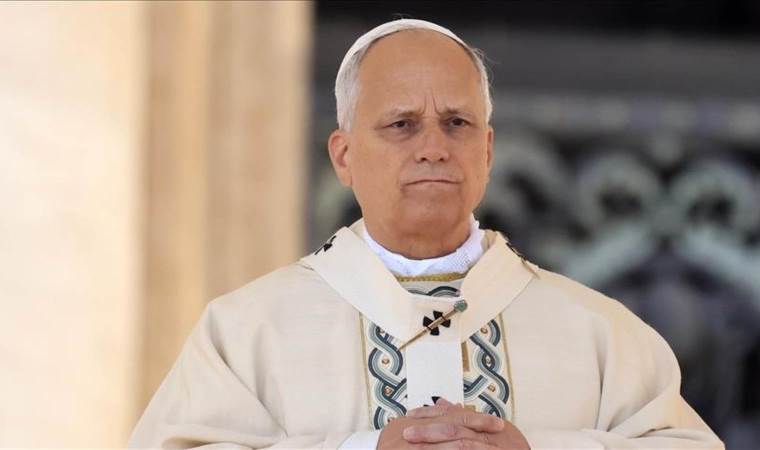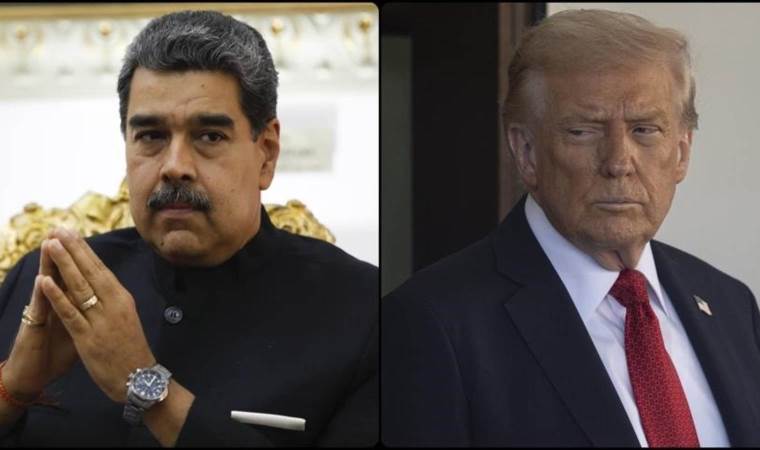Authors Columns of the Day Sport Guest Life All Authors
China-initiated international conference
The joint declaration issued by the Arab League and the Organization of Islamic Cooperation during their gathering in Riyadh, despite some shortcomings, is deemed positive and valuable.
Furthermore, the advocacy for the "two-state solution" expanded further in Riyadh after Cairo, shaping the stage for the crucial "international conference," which is the real address for a solution.
LACK OF EMBARGO ON ISRAEL
Let's begin with the shortcomings. In the fourth clause, Arab-Islamic countries called for an immediate halt to arms and ammunition exports to Israel. The United States supplies 80% of Israel's weapons, while the remaining 20% comes from Germany, France, and the United Kingdom.
Naturally, it becomes crucial to determine which embargo the Arab-Islamic countries advocating for a "weapons embargo" on these four Western countries would implement. Unfortunately, there is no mention of an embargo among the 31 clauses.
During the summit, Iranian President Raisi proposed a 10-point draft resolution, urging Arab-Islamic countries to sever political and economic ties with Israel, impose a commercial embargo in the energy sector, and support efforts to boycott Israeli goods.
"SOLE REPRESENTATOR PLO"
The 27th clause of the joint statement emphasizes the Palestine Liberation Organization (PLO) as the sole legitimate representative of the Palestinian people and calls for the unification of all Palestinian groups under the unification of the PLO.
The 28th clause states the rejection of all proposals involving the separation of Gaza, including East Jerusalem and the West Bank.
Additionally, the 15th clause declares red lines against displacement, eviction, and exile, whether inside or outside Gaza and the West Bank.
These clauses aim to challenge the support Western countries provide to Israel through the Hamas factor, seeking to eliminate the advantage Israel gains from the division between Gaza and the West Bank. The rejection of Western-generated solution models, centered around the question of "how to govern Gaza," declares a commitment to a "united Palestine."
CHINA IS THE CENTER OF THE CONFERENCE
In the 29th clause of the Arab-Islamic Summit joint statement, a call is made for the convening of an international peace conference to end the occupation and implement the two-state solution. This is the crucial point.
Yes, the U.S. and Israel find themselves isolated with around a dozen staunch supporters. Yes, European governments are gradually aligning against the Israeli occupation after European public opinion. Yes, tensions are increasing between the U.S. and Israel. Yes, the majority of the world supports Palestine. However, the resolution of this issue necessarily involves compelling the U.S. to participate, and the pathway is an international conference, with China at its center. (China has been calling for an international conference for a solution for some time now.)
Only with China exerting influence can Arab-Islamic countries compel the U.S. to engage in a resolution; and only when China builds a broad front can it provide the weight necessary to compel the U.S. to engage in a resolution.
The Arab-Islamic conference in Riyadh is valuable because it represents a stage in this reciprocal influence process.
APPROACHING A TWO-STATE SOLUTION
The sole solution to this 75-year-old problem is the two-state solution. October 7 marked the rise in support for the two-state solution, indicating that the current status quo is no longer sustainable. It's now a choice between two states or no states at all.
Reaching a solution to this 75-year-old problem tomorrow is not feasible, but for the first time in 75 years, we are closer to a resolution. The evolving conditions of a multipolar world play a significant role in reshaping international relations as Global South tackles this issue.
Yazarın Son Yazıları All Columns
Günün Köşe Yazıları
Most Read News
-
 After Neoliberalism... The Search for a New Model
After Neoliberalism... The Search for a New Model
-
 Venezuela’s Maduro, wife under US custody in New York, a
Venezuela’s Maduro, wife under US custody in New York, a
-
 Yemeni presidency urges STC to lift movement restriction
Yemeni presidency urges STC to lift movement restriction
-
 UK should ‘go further’ in aligning with EU single market
UK should ‘go further’ in aligning with EU single market
-
 Pope urges end to violence, respect for sovereignty afte
Pope urges end to violence, respect for sovereignty afte
-
 US operation in Venezuela kills at least 40 people: Repo
US operation in Venezuela kills at least 40 people: Repo
-
 US will 'run' Venezuela, says Trump after 'large scale'
US will 'run' Venezuela, says Trump after 'large scale'










